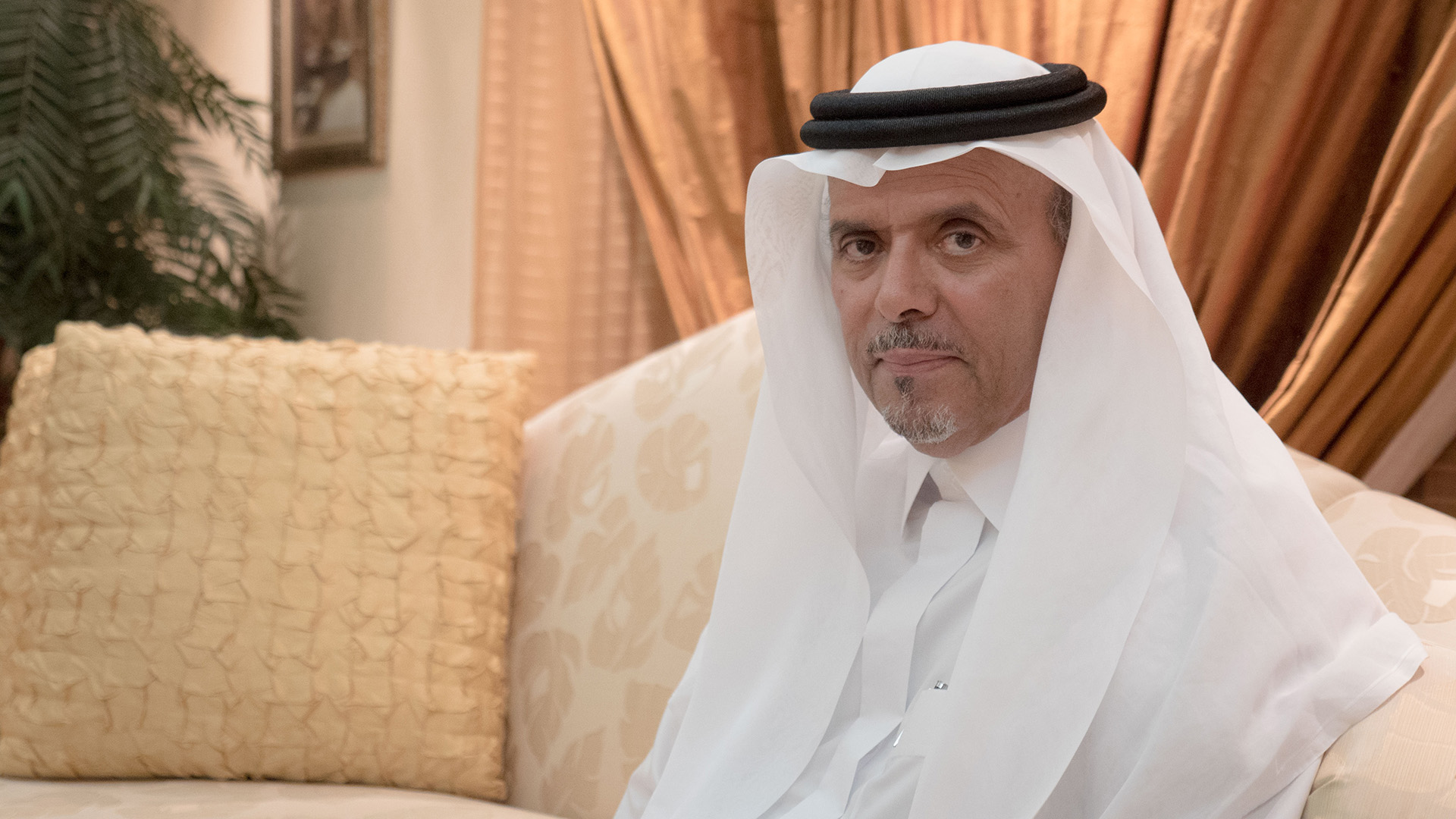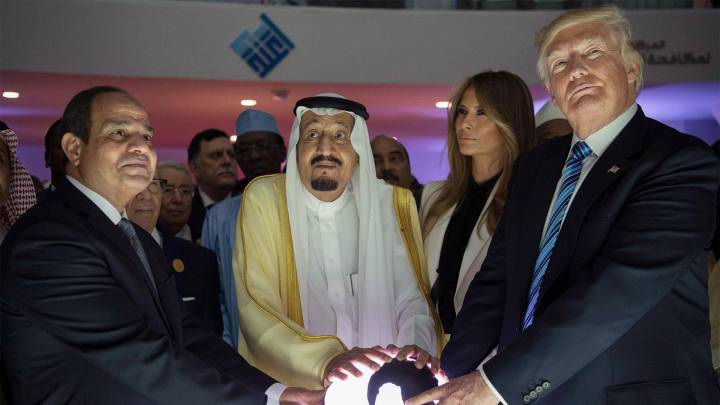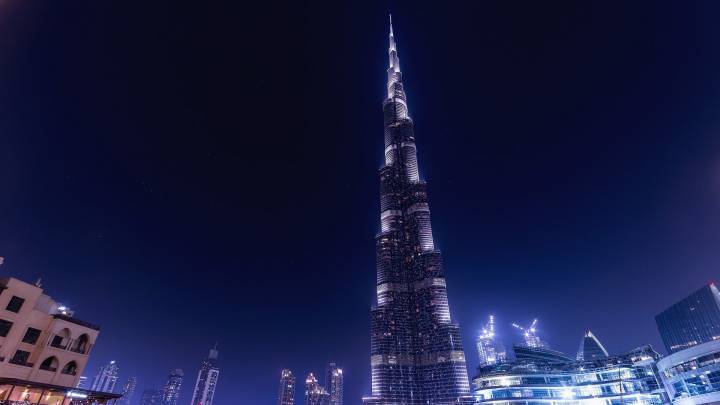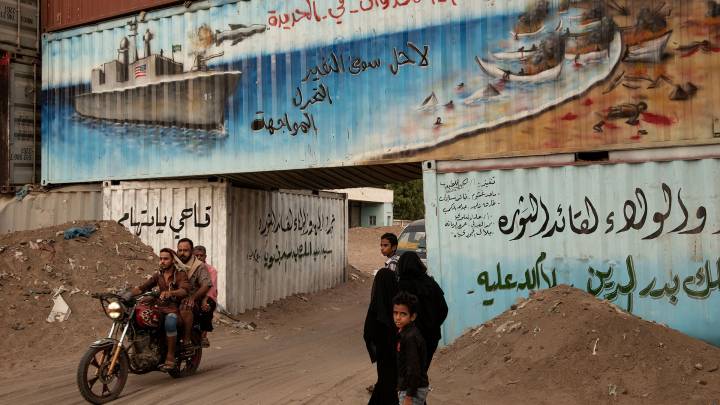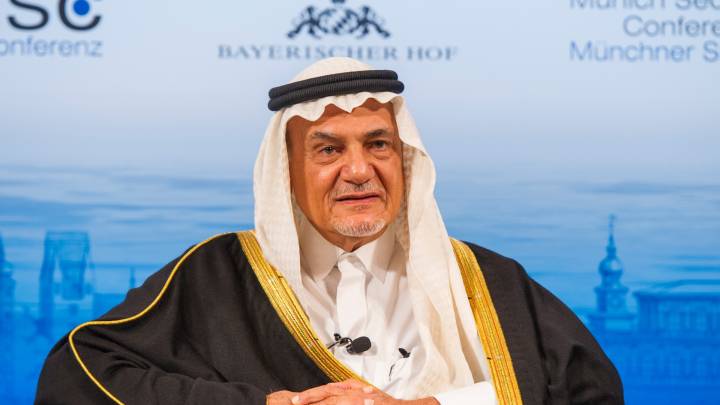Saudi intellectual Saad Albazei is sympathetic to the Crown Prince's reforms and their effects on national identity and advocates for Saudi Arabia to embark on a path to change on its own terms.
zenith: We are witnessing a period of radical change in Saudi Arabia. What is the driving force behind it?
Saad Albazei: I think the country has been through a very difficult time over the last two decades or so. Terrorism has been rife in the whole region and Saudi Arabia had a huge share of that–and suffering from so many problems, so many catastrophes as result of that. So fighting terrorism meant fighting radicalism, as well, because that is the source. I think we can identify this as a major reason for the change that we are looking at. And the other reason is the fall of the oil price and the need for countries to change course and develop other sources of revenue. All of these factors put the country on a different course.
What do you imagine Saudi Arabia will look like at the end of this process?
I hope that it will be a moderately Muslim country. More open to the world and its cultures. More accommodating to other religions and even various sects within Islam. Certainly more tolerant with regards to social habits and the way different people in this country live their lives. That’s one side. But Saudi Arabia also must become a country that is less dependent on natural resources and that develops a modern industry. I hope that we will improve on clean energy, that we make use of other natural resources, like wind and solar: We have so much of that, but we haven’t paid attention to it because of the oil. I don’t believe that the core components of the country’s identity as a Muslim and Arab nation will change, but that we become a country that is more open to the world. I hope that Saudi Arabia will allow people to visit, easing restrictions and that we rid ourselves of the anxieties that we still have about people entering the country.
Saudi Arabia itself is being redefined. It is as simple as that. A process of rethinking identity has been kickstarted. People now view themselves as citizens of a nation, citizens of a country,
Witnessing so much change in a rather short time could turn out to be an identity-challenging experience. With that in mind, the ‘Agenda 2030’ could be framed as a nationalist project, ultimately turning Saudi Arabia into a national state in the Western sense.
Yes, Saudi Arabia itself is being redefined. It is as simple as that. A process of rethinking identity has been kickstarted. People now view themselves as citizens of a nation, citizens of a country. Such notions had been subdued before, when Islamists held more sway over society. At that time, nobody could talk about the ‘nation’. When ‘national education’ was introduced to the curriculum, the Minister was met with strong opposition by extremists. Later on, when we started to celebrate ‘National Day’, there was even more resistance. The same thing happened when schools started the day playing the national anthem.
And nowadays?
Now we attempt to implement an identity that absorbs both the national and the Islamic identity, without allowing extremists to advance their agenda and continue their hold on the mentality of the youth. It has been a long and difficult fight to reformulate the national culture, to make it more tolerant and more accommodating to others. And even to accept the nature of our culture. Because, after all, it is a human culture, not a sacred one.
You have expressed your hope for a more moderate interpretation of Islam and this is in line with what crown prince Mohammad Bin Salman has said before. But that necessarily implies that current teachings are not moderate.
Yes, this is what the Crown Prince’s statement implies. And I believe that this is one of the important steps being undertaken. We now have more frankness in discussing problems openly and more transparency in our debates. But this already started already during the reign of king Abdul Aziz, he wanted to modernize Saudi Arabia and create a modern state. But even he was immediately challenged by forces that wanted to take the country back to its Salafi base. Every step forward was facing serious challenges. In the 1960s, for example, King Faisal started the offering education for women and faced fierce opposition. The same thing happened when TV stations opened.
In Jeddah many restaurants have been switching more or less into night clubs, until the governor of Mecca ordered them to curb those activities. Some people want to move ahead too fast and too soon.
Do you expect more resistance against the current reforms?
Yes, the movement to modernize the country and to put it on a moderate course is met again by opposition. But the situation is different now, as we face an economic situation that makes any opposition towards modernization unrealistic. The country will move forward and I hope that the government won’t have to resort to any kind of forceful acts–although I believe it is ready to push back, if necessary. As the prince said: We must be aggressive when facing those groups who want to stop or delay the process of change.
But ever since the founding of modern Saudi Arabia, the Salafi establishment has managed to not only influence politics in their interest but also dominate cultural life in the country. It seems unrealistic that they would let go of this power, especially when change is taking place at an unprecedented rate.
There is a huge resistance and the authorities are well aware of that. That’s why they have already modified the original plans and implement them more wisely and quietly. For example, in Jeddah many restaurants have been switching more or less into night clubs, until the governor of Mecca ordered them to curb those activities. Some people want to move ahead too fast and too soon. This has to be an organized endeavor, implemented by agencies that control change, taking into account the already high degree of resistance towards change.
Can you give us an example of how this debate on change unfolds in everyday life?
On Twitter, I called for co-education of boys and girls in universities. I have never received such a flood of opposing messages than over this topic. That is an indication of the degree of resistance towards such changes. However, this is a well-known fact. And I think and hope that the decisions being taken to accelerate this change will be wise enough to not move ahead too fast. Although there are many people in this country who think that we are always doing things slowly. But the backlash should be taken into consideration. We should proceed with caution.
Equating Saudi Arabia with radicalization has always been a misunderstanding. The general Saudi population is as moderate as basically any other nation.
This is going to be a hard fight, given that Saudi society is still in major parts very conservative. The Wahhabi interpretation of Islam, so the argument goes, is what drives hundreds of Saudis to join extremist groups in the region.
Equating Saudi Arabia with radicalization has always been a misunderstanding. As if everybody in the country is supportive of radicalization! People do not know Saudi Arabia from the inside. We have so many liberals, so many groups that have been fighting for change and moderation. The general Saudi population is as moderate as basically any other nation. Yes, they tend to be conservative but not to the extent that they support the so called Islamic State or Al Qaida. It is a matter of fact that the Saudis themselves have suffered a lot from terrorism. Yes, there are individuals who have supported such groups. But they do not represent the whole nation.
Revolutions are often triggered by grievances from below. In Saudi Arabia it seems, that change is driven from above.
A society cannot change overnight or even in ten years’ time. But the change has already started way back under King Abdallah’s reign. He started the process of changing education by sending so many young Saudis to study abroad. These people have come back now, forming the workforce of the kingdom. So many universities have been build. And now change is underway again: Empowering women to work in the markets, the shops, the Shura Council and in government. But of course, it takes time for a society to follow this lead. Especially in rural, more conservative areas where change is usually taking place at a slower rate. I believe the steps already been taken will bear fruits in the coming years. The fact that so many young people are rallying behind the Crown Prince indicates that we already have a generation of young Saudis who would like to see the country transformed.
At the same time, we are witnessing the Crown Prince amassing more and more power–breaking with the past. Usually, more people from the royal family, government agencies and other groups used to be involved in the decision-making process.
It seems that way. But this could prove to be a temporary stage, paving the way for different arrangements. Don’t forget that the Crown Prince also relies on the input that different committees provide, as well as the Council of Ministers. Of course, he is the one taking decisions and leading the way. But with regard to politics we are in a truly unprecedented situation. And I hope this will turn out positive in the near future.
Still, such a degree of centralized decision-making could endanger the whole project and undermine its perceived legitimacy.
These risks are always there. That is why we can only hope that things will be for the better.
Saad Albazei
Is a professor for English and Comparative Literature at King Saud University in Riad. Albazai has also served as a member of Saudi Arabia’s Shura Council.
